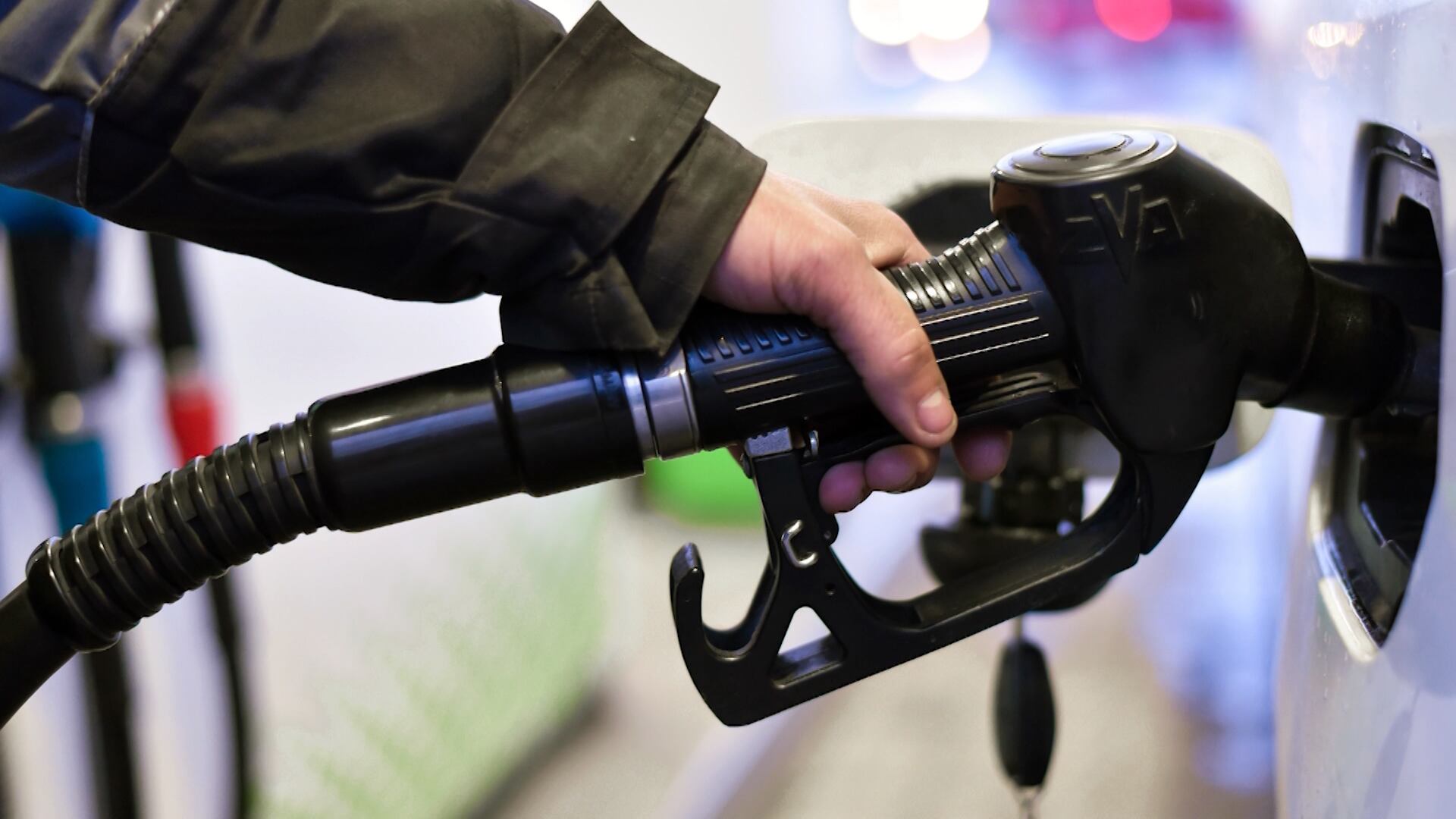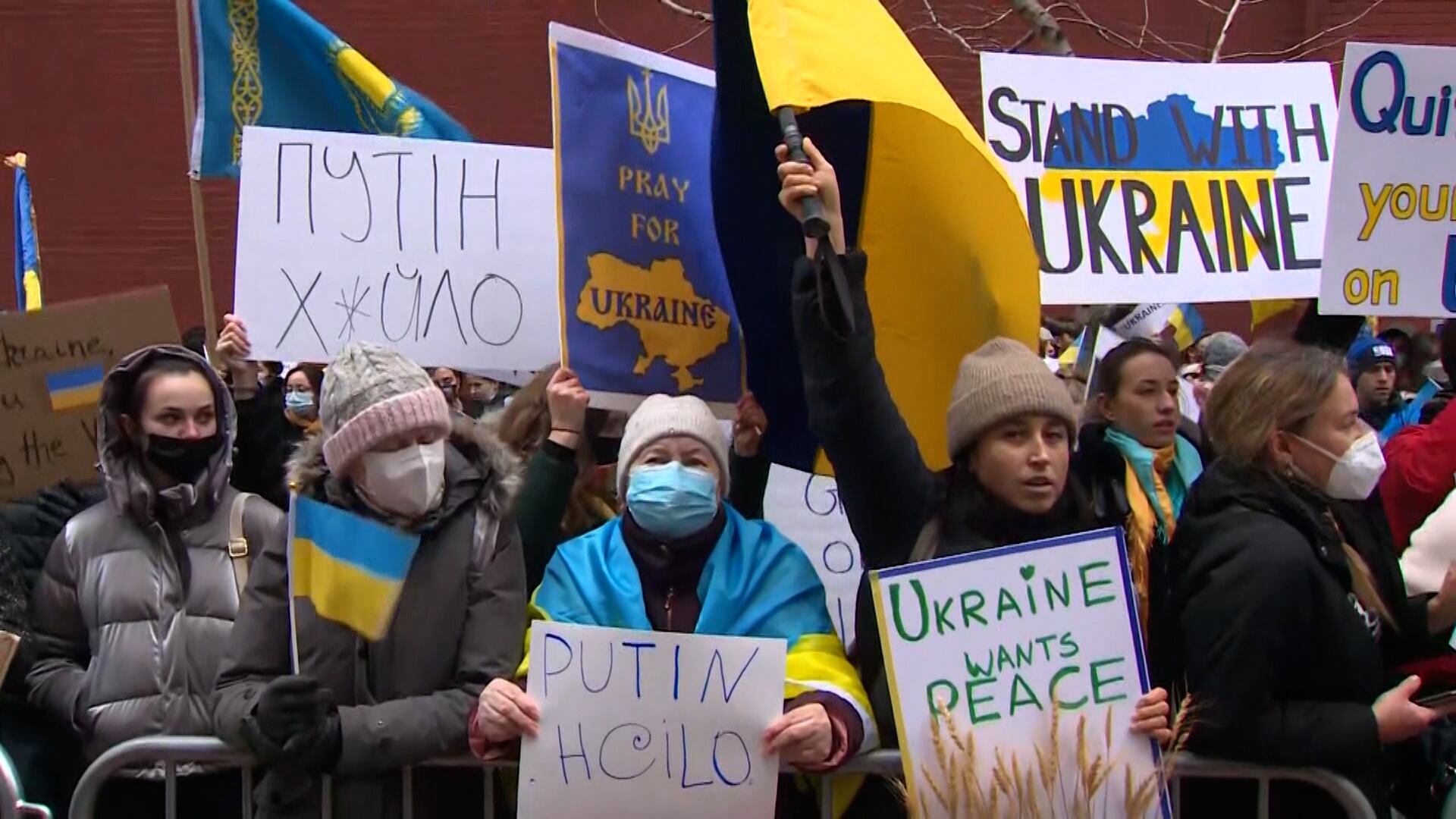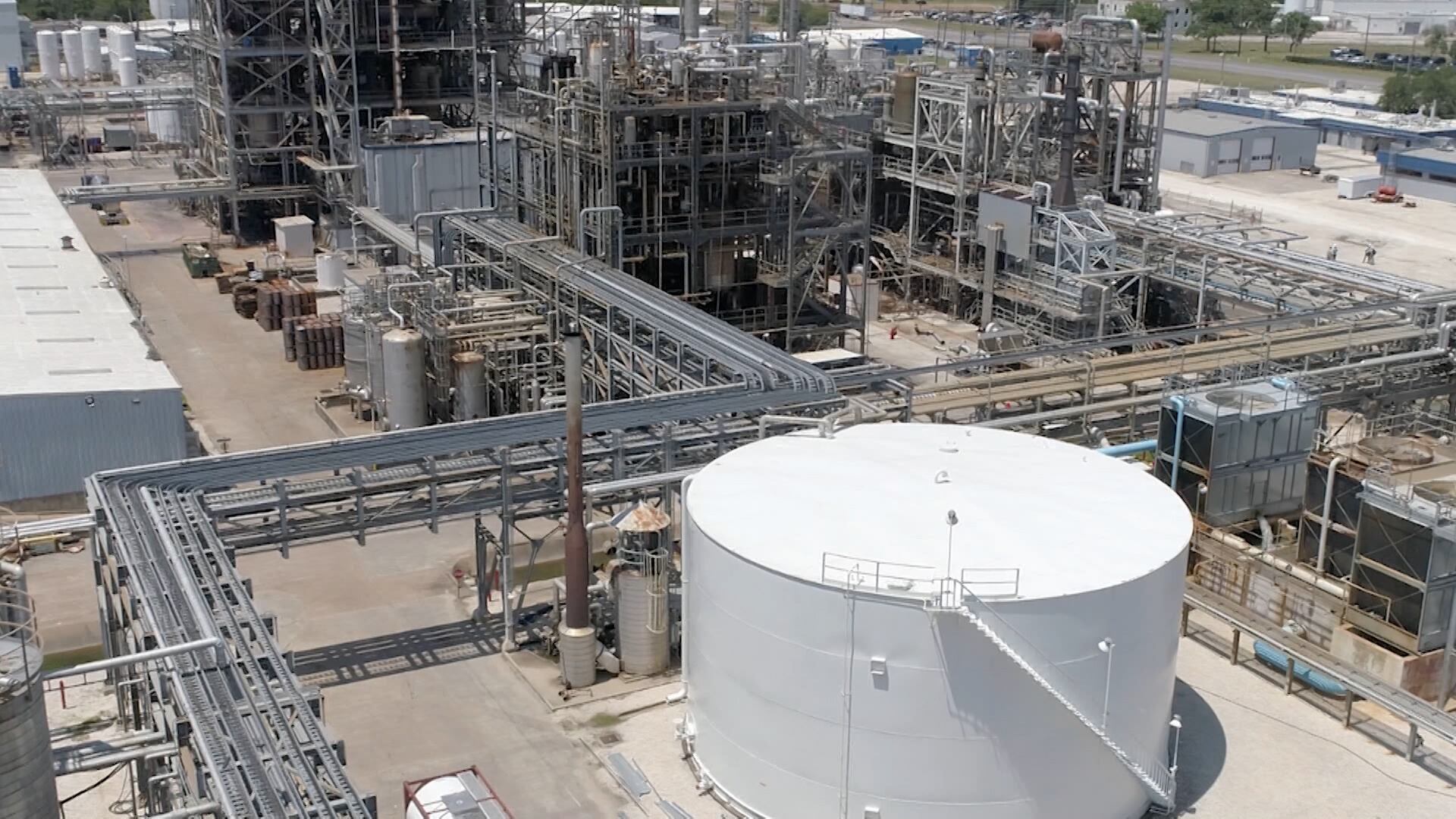By Michael R. Sisak
A judge in New York ruled Tuesday that Donald Trump committed fraud for years while building the real estate empire that catapulted him to fame and the White House, and he ordered some of the former president's companies removed from his control and dissolved.
Judge Arthur Engoron, ruling in a civil lawsuit brought by New York Attorney General Letitia James, found that Trump and his company deceived banks, insurers and others by massively overvaluing his assets and exaggerating his net worth on paperwork used in making deals and securing loans.
Engoron ordered that some of Trump’s business licenses be rescinded as punishment, making it difficult or impossible for them to do business in New York, and said he would continue to have an independent monitor oversee Trump Organization operations.
If not successfully appealed, the order would strip Trump of his authority to make strategic and financial decisions over some of his key properties in the state.
Trump, in a series of statements, railed against the decision, calling it “un-American” and part of an ongoing plot to damage his campaign to return to the White House.
“My Civil rights have been violated, and some Appellate Court, whether federal or state, must reverse this horrible, un-American decision,” he wrote on his Truth Social site. He insisted his company had “done a magnificent job for New York State” and “done business perfectly,” calling it “A very sad Day for the New York State System of Justice!"
Trump's lawyer, Christopher Kise, said they would appeal, calling the decision “completely disconnected from the facts and governing law.”
Engoron's ruling, days before the start of a non-jury trial in James’ lawsuit, is the strongest repudiation yet of Trump’s carefully coiffed image as a wealthy and shrewd real estate mogul turned political powerhouse.
Beyond mere bragging about his riches, Trump, his company and key executives repeatedly lied about them on his annual financial statements, reaping rewards such as favorable loan terms and lower insurance costs, Engoron found.
Those tactics crossed a line and violated the law, the judge said, rejecting Trump’s contention that a disclaimer on the financial statements absolved him of any wrongdoing.
“In defendants’ world: rent regulated apartments are worth the same as unregulated apartments; restricted land is worth the same as unrestricted land; restrictions can evaporate into thin air; a disclaimer by one party casting responsibility on another party exonerates the other party’s lies," Engoron wrote in his 35-page ruling. "That is a fantasy world, not the real world.”
Manhattan prosecutors had looked into bringing criminal charges over the same conduct but declined to do so, leaving James to sue Trump and seek penalties that aim to disrupt his and his family’s ability to do business.
Engoron’s ruling, in a phase of the case known as summary judgment, resolves the key claim in James’ lawsuit, but several others remain. He'll decide on those claims and James' request for $250 million in penalties at a trial starting Oct. 2. Trump’s lawyers have asked an appeals court for a delay.
“Today, a judge ruled in our favor and found that Donald Trump and the Trump Organization engaged in years of financial fraud," James said in a statement. "We look forward to presenting the rest of our case at trial.”
Trump’s lawyers, in their own summary judgment bid, had asked the judge to throw out the case, arguing that there wasn’t any evidence the public was harmed by Trump’s actions. They also argued that many of the allegations in the lawsuit were barred by the statute of limitations.
Engoron, noting that he had rejected those arguments earlier in the case, equated them to the plot of the film "Groundhog Day." He fined five defense lawyers $7,500 each as punishment for “engaging in repetitive, frivolous” arguments, but denied James' request to sanction Trump and other defendants.
James, a Democrat, sued Trump and the Trump Organization a year ago, accusing them of routinely inflating the value of assets like skyscrapers, golf courses and his Mar-a-Lago estate in Florida, padding his bottom line by billions.
Engoron found that Trump consistently overvalued Mar-a-Lago, inflating its value on one financial statement by as much as 2,300%. The judge also rebuked Trump for lying about the size of his Manhattan apartment. Trump claimed his three-story Trump Tower penthouse was nearly three times its actual size, valuing it at $327 million.
“A discrepancy of this order of magnitude, by a real estate developer sizing up his own living space of decades, can only be considered fraud," Engoron wrote.
On X in the wake of the ruling, Eric Trump insisted his father's claims about Mar-a-Lago were correct, writing that the Palm Beach estate is “speculated to be worth well over a billion dollars making it arguably the most valuable residential property in the country.” He called the ruling and the lawsuit "an attempt to destroy my father and kick him out of New York.”
Under the ruling, limited liability companies that control some of Trump's key properties, such as 40 Wall Street, will be dissolved and authority over how to run them handed over to a receiver. Trump would lose his authority over whom to hire or fire, whom to rent office space to, and other key decisions.
“The decision seeks to nationalize one of the most successful corporate empires in the United States and seize control of private property all while acknowledging there is zero evidence of any default, breach, late payment or any complaint of harm,” Kise said after the decision.
James’ lawsuit is one of several legal headaches for Trump, the Republican front-runner in next year's election. He has been indicted four times in the last six months — accused in Georgia and Washington, D.C., of plotting to overturn his 2020 election loss, in Florida of hoarding classified documents, and in Manhattan of falsifying business records related to hush money paid on his behalf.
The Trump Organization was convicted of tax fraud last year in an unrelated criminal case for helping executives dodge taxes on perks such as apartments and cars. The company was fined $1.6 million. One executive, Trump’s longtime finance chief Allen Weisselberg, pleaded guilty and served five months in jail.
James’ office previously sued Trump for misusing his charitable foundation to further his political and business interests. Trump was ordered to give $2 million to charity as a fine while his own charity, the Trump Foundation, was shut down.
Associated Press reporters Eric Tucker in Washington, D.C., Jill Colvin in Summerville, South Carolina and Bernard Condon and David B. Caruso in New York contributed to this report.













